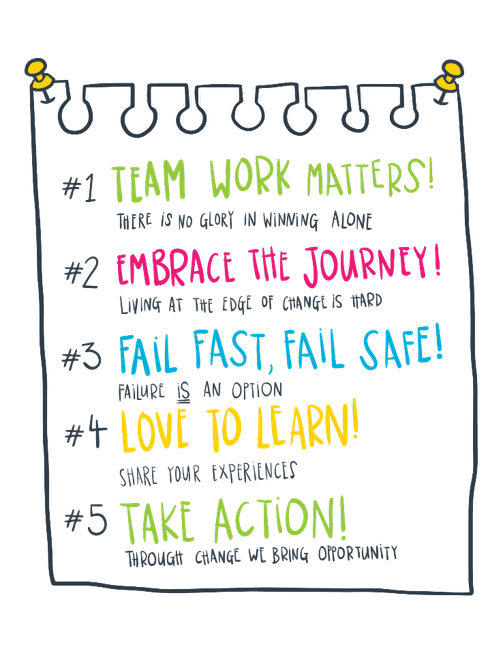
By Georgina Lewindon, Events Ambassador CIM Wales Board
On Tuesday 25th September, we had the privilege of running an event in the 22nd floor Capital Tower offices of
Gavin Davies, vice chair business community for the CIM Wales Board, introduced our speakers: DevOpsGroup’s Ryan Cullen, people success lead, and Joanna Pontin, marketing manager, who gave a stand-out CIM Marketing Bitesize session on how they’ve
Aside from an above-industry standard eNPS (Employee net promoter score) of +70, the ambitious tech company won the Wales Best Workplace award in 2017 and most recently made it into the Fast Growth 50. In August, The Sunday Times suggested it might become Wales’ first unicorn (a start-up that surpasses the billion-dollar valuation mark).
When you consider they’ve grown their workforce from 16 to 117 in just 2 years, and doubled their annual turnover for the last 3, it’s not difficult to see how they’ve achieved such recognition.
But exactly how they’ve done it while managing the demands of a rapidly growing team is something we were keen to grasp.
Ryan outlined a few of the measures that have made a big impact:
- Culture
“We articulate and embrace our 5 core values in everything we do,” Ryan explained. “We regularly and consistently relate everything back to them in our internal communications and
And it’s a message that is very visible internally, literally plastered all over the walls:

2. Making sure everyone knows where they fit
“We use a collaborative goal setting system which gives everyone accountability and responsibility,” said Ryan. “By setting their own OKRs, everyone is clear what outcome they’re working towards and how the work they’re doing contributes to overall success.”
Ryan explained that encouraging autonomy and empowerment in this way leads to more empowered staff and lower turnover which has a direct impact on clients.
- Working practices
Kanban boards (see image above) help employees
- Feedback loops
Another key to their success with engaging staff has been regularly asking for and acting on feedback. “We have a quick feedback loop and use a variety of communication techniques such as a monthly Pulse survey, focus groups and 1-2-1s and we use that feedback to improve

- Make time to communicate
“Although we’re a tech
The team also have a day off from day-to-day business every month to attend a Dog Conf and transparently discuss how the business is doing – before heading off for a well-deserved drink!
- Tools and technology
Ryan highlighted some of the tools which have been particularly helpful at engaging their growing team better. These include:
Confluence – a crowd-sourced intranet for storing, sharing and collaborative working
Zoom – which Ryan says makes remote works feel less remote
Slack – to provide instant messaging which improves workflow
Hubspot – for tracking engagement with internal communications to see what’s working
- People
While this technology is undoubtedly beneficial for them, Ryan explained that at the end of the day, it comes back to people: “We have great people – everyone is special. But we need to keep the right people and attract more. When you have the right people, you get the right clients.”
How do they do this?
“We have our own hashtag #lifeatdog and a strong employer brand. I don’t have to tell people they should come and work here; they already want to.
Fortunately, they have a person dedicated to onboarding their new employees.
After Ryan’s fascinating insight into their approach to people, Joanna Pontin explained how the marketing department has aligned itself to facilitate the company’s enviable success.
Adapting the marketing approach
“When I started with
Joanna says the fact Agile marketing is practically non-existent in the UK, needs to change: “If marketing wants to be relevant or leading, it needs to adopt Agile processes or it’ll be left out of the equation.”
Senior team buy-in can make all the difference to
Why Agile marketing works
Things move at a phenomenal rate in IT. Agile marketing provides a way for
Agile marketing is often perceived as being solely about flexibility; in
“an
Joanna explained that their agile approach means there is less room for the HPOs (highest people’s opinions). To support this,
The
Joanna concluded that: “Agile marketing isn’t a set of rules; it’s a mindset. Ultimately, it’s about saying ‘we’re all in it together’. And this is a mindset that will no doubt stand their ambitions to double or triple in size over the next 5 years in good stead.
Gavin Davies says: “It’s exciting to see companies like
Download the presentation slides.

